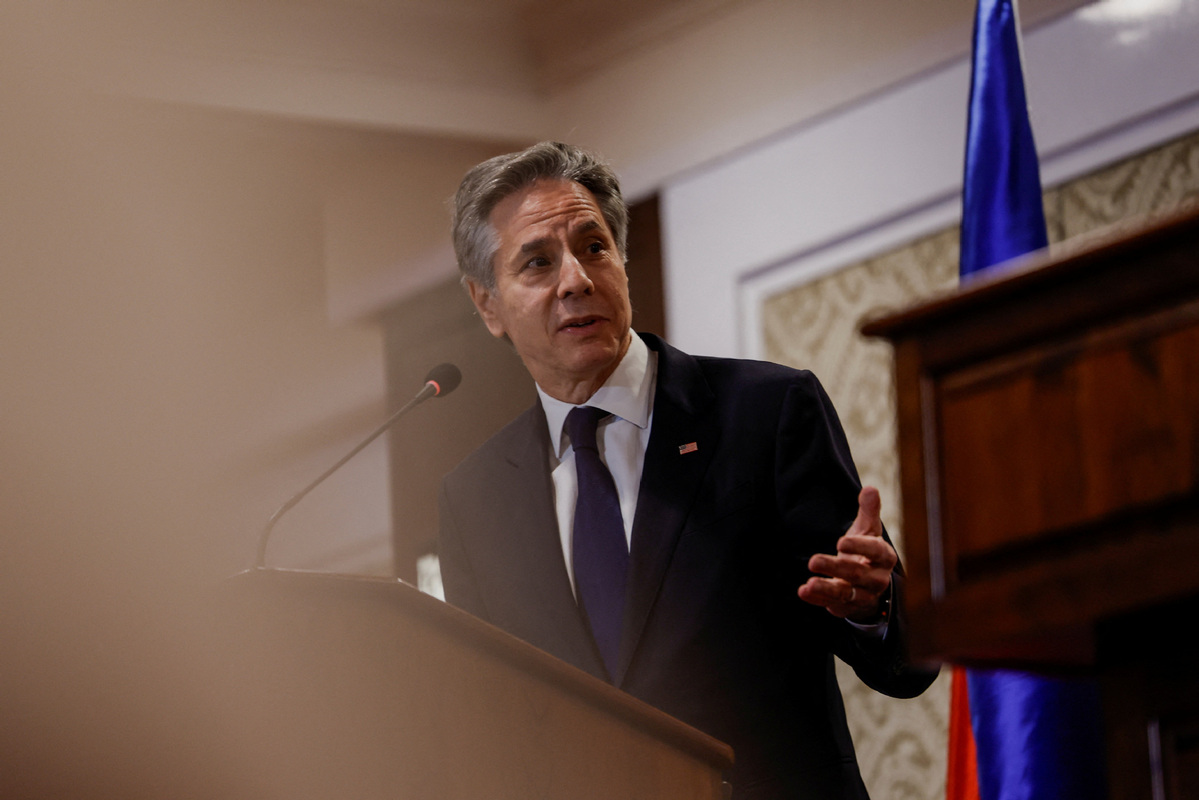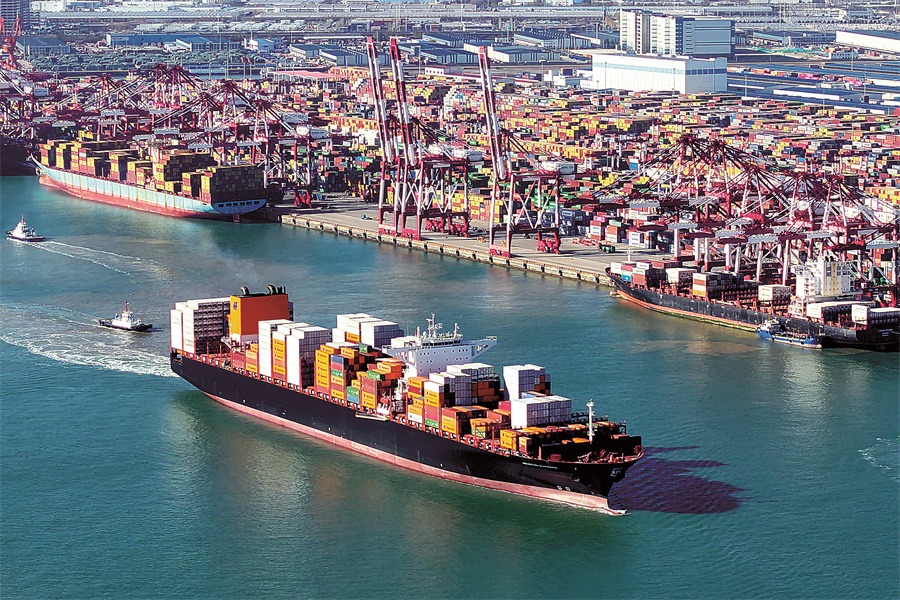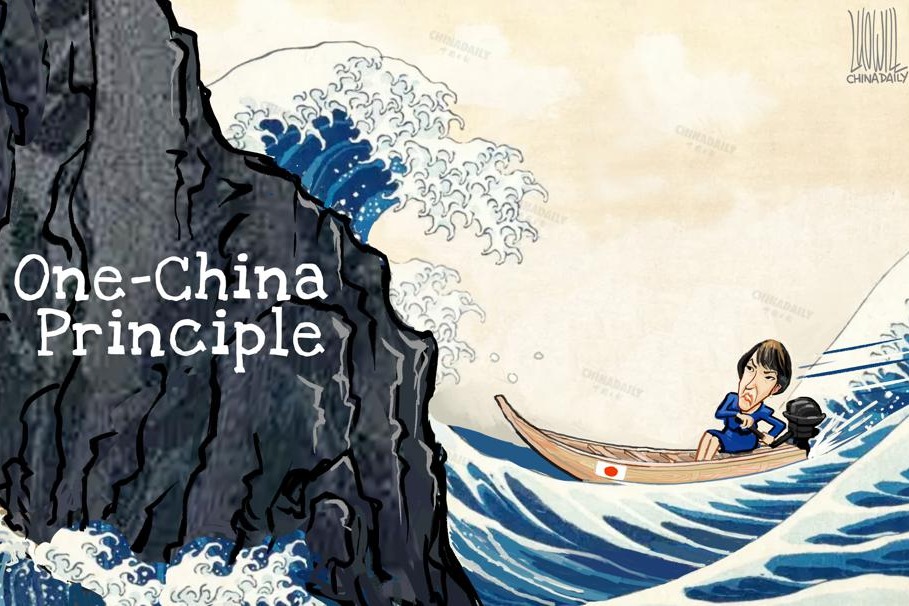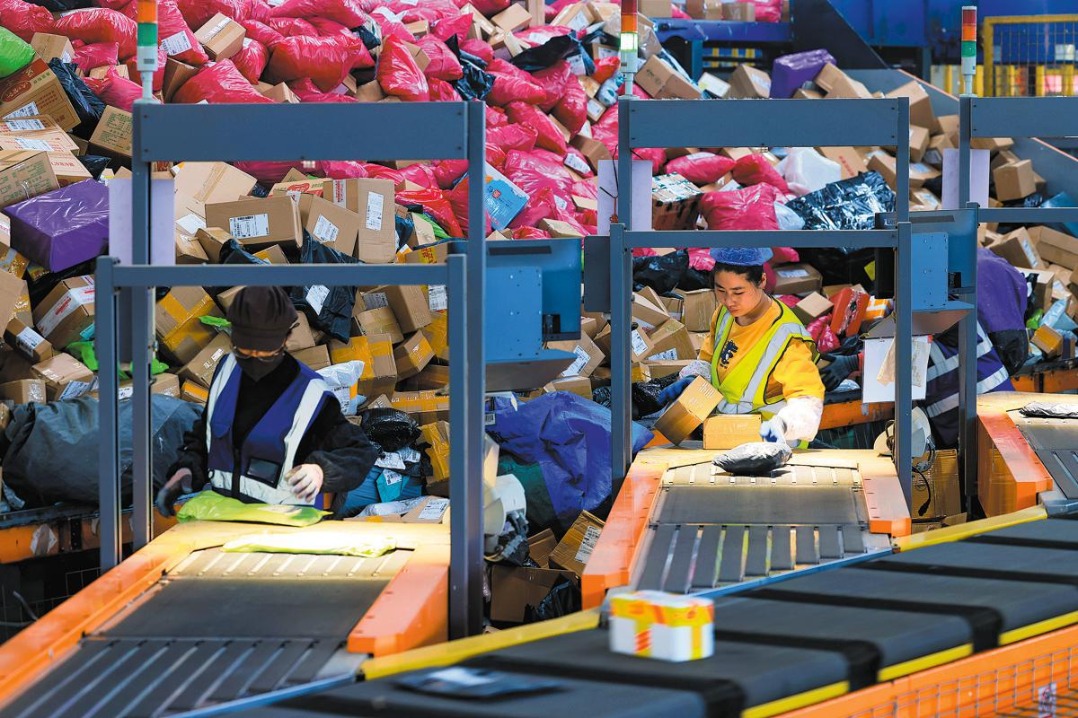Huff and puff about democracy shows US is laboring its point: China Daily editorial


His Chinese counterpart is calling for cooperation and regional stability in the Asia-Pacific region during his trips to New Zealand and Australia this week. The top US diplomat, on the other hand, has been peddling bloc confrontation in the "Indo-Pacific" during his back-to-back visits to the Republic of Korea and the Philippines on Monday and Tuesday.
While Chinese Foreign Minister Wang Yi and his hosts are focused on economic and trade cooperation, Blinken and his hosts in Seoul and Manila were concentrated on how to undermine China's development. In his speech on fighting disinformation at the 3rd "Summit for Democracy" in Seoul on Monday, Blinken revealed the extent to which the United States is suffering from anosognosia. In lambasting what he called China's attempts to "spread propaganda and twist the global information environment", he laid bare the US' inability to perceive or be aware of its own illness.
Saying that "authoritarian regimes" deploy technology to undermine democracy and human rights, he was pointing an accusing finger at other countries rather than the US. Yet the internet and artificial intelligence industries, which he identified as the two sources of disinformation, are dominated by the US, which brooks no challenges to its iron grip on them, as shown by its blatant attempt to hijack and "Americanize" TikTok on the spurious claim the Chinese-developed app is a threat to "national security" — such a threat that Joe Biden used it as a primary campaign tool en route to the White House.
Likewise, it is the US that was just recently revealed to have been spreading disinformation about China on social media via a covert CIA program. The differentiated screening practices and censorship policies of the US platforms and network giants also advance Washington's agenda, as shown in relation to hotspot issues such as the ongoing Russia-Ukraine conflict and the Gaza crisis, and the social unrest that roiled Hong Kong in 2019.
In contrast to the US' lack of self-awareness, at least for public consumption, the collective rise of the Global South countries has fostered their awareness that they need to have the technological means to bolster their ascent. If the US was really intent on shaping a technological future, "that's inclusive, that's rights respecting, directed at driving progress in people's lives", as Blinken claimed, it should welcome the emergence of different sources of information and the diversification of the world opinion market, rather than worrying that the US' long-term monopoly of these sectors may be lost.
What Blinken said about China, along with his Philippine counterpart Enrique Manalo, in a joint news conference in Manila on Tuesday, highlighted the rose-colored glasses through which the US perceives itself, as it was an epitome of Blinken's definition of the challenge of disinformation, which he said was intended "to sow suspicion, cynicism, instability".
Hyping up China's "provocative actions" in the South China Sea, his aim was to marshal other countries in the region to join the US and the Philippines in their efforts to undermine the "democratic values" and "norms" that prevail in the region. Reassuring Manila that the US' commitment to its alliance with the Philippines "has never been stronger" only served to show that the current volatility in the South China Sea is a result of the US luring the latter to be its cat's-paw for dirty deeds in the region, especially because China and the Philippines had managed their historical maritime disputes well until the US turned Manila's head the wrong way.
To some extent, Blinken's packed itinerary from March 14 to 22 — taking him to Vienna, Seoul, Manila, Jeddah and Cairo — can be seen as being representative of the Joe Biden administration's failed but consequential diplomacy. What is happening in Ukraine, the Asia-Pacific and the Middle East unmistakably highlights what Biden means by his 2020 presidential election slogan: "Our Best Days Still Lie Ahead", as it promises further moves from the US aimed at maintaining its self-appraised supremacy, which will only create turmoil and conflict in the rest of the world.


































